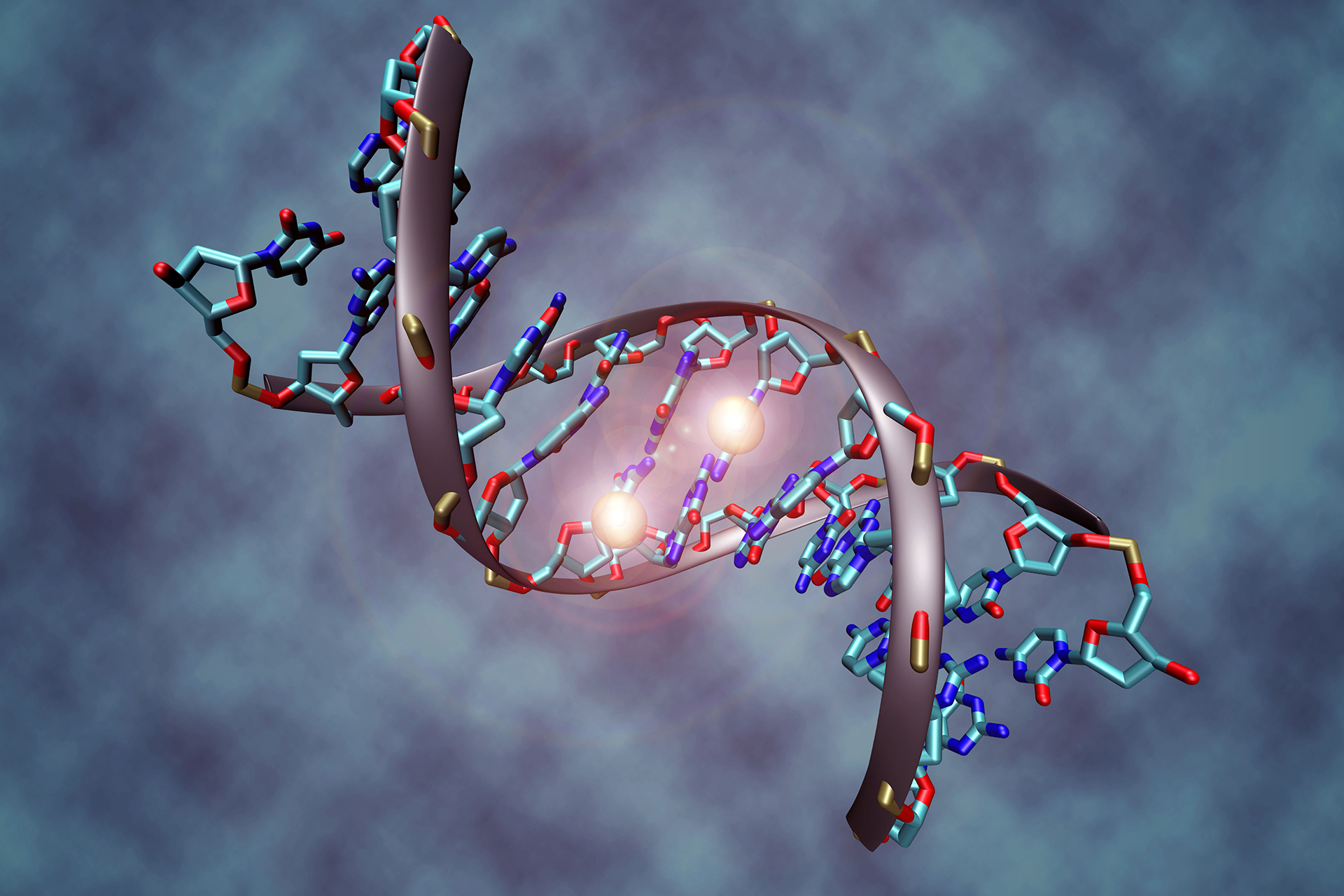Researchers have identified how the likelihood of cocaine addiction relapse is influenced by epigenetic changes in rats.
The findings could be used to understand why drug users relapse and potentially devise new therapies.
'Our goal was to discover the brain mechanisms responsible for the rewarding effects of the drug and the motivation to seek it even after long periods of abstinence,' said lead researcher Professor Christopher Cowan of the Medical University of South Carolina (MUSC).
Drug addiction alters the brain structures of addicts, and such users develop strong associations between drug effects and environmental cues. These associations can create cravings and lead to relapse in people who have quit drugs. The team of researchers investigated gene and enzyme interactions in cocaine-addicted rats to understand these associations further.
The team had previously found histone deacetylase 5 (HDAC5) enzyme can prevent rats from associating cocaine with simple cues of light and sound in the environment. HDAC5 is normally concentrated in the reward centre of the brain, which reacts strongly to cocaine, opioids and alcohol in both rats and humans.
When present in the nucleus of neurons, HDACs can block the expression of certain genes.
The researchers trained rats to press levers to receive a dose of cocaine, and to associate this with a light and sound cue. When they gave the rats HDAC5, it did not reduce the amount rats pressed the lever.
They then simulated withdrawal and abstinence in the rats by not giving them cocaine for a week, and presented them with the light and sound cue. Rats which had received HDAC5 previously did not press the lever as often as control rats. This effect continued even when researchers gave the rats a small dose of cocaine to restimulate drug-seeking behaviour.
This showed that HDAC5 prevented drug seeking and relapse behaviour in rats, even though it did not stop the initial addiction-like behaviour from forming.
The researchers then identified which genes HDAC5 binds to, finding the most significant gene was NPAS4. When the researchers reduced the amount of NPAS4 in the reward centre of the brain, rats took a longer time to associate the environmental cues with cocaine. However, they showed no difference in relapse after abstinence.
This suggested that additional genes, regulated by HDAC5, must also be affecting the strength of relapse.
Professor Cowan suggested to Newsweek that the results could potentially be used to develop therapeutic drugs to increase levels of HDAC5. '[the drug] could, in principle, help to reduce the urge to use drugs when a recovering addict encounters thing in the environment that they associate with drug use,' he said.
The researchers are now looking at additional enzymes known to be affected by drug use and which could influence relapse, and which may even be applicable to mental illnesses that use the same brain mechanisms.
'By understanding how these connects are made, we can devise therapeutic strategies to reverse these strong triggers for relapse and increase the chances of sustained recovery from addiction,' said Professor Cowan.
The study was published in Neuron.
Sources and References
-
Cocaine Addiction Linked to Epigenetics
-
Gene discovery explains why we relapse and could lead to new treatment
-
Epigenetics of addiction: Epigenetic study untangles addiction and relapse in the brain
-
HDAC5 and Its Target Gene, Npas4 , Function in the Nucleus Accumbens to Regulate Cocaine-Conditioned Behaviors





Leave a Reply
You must be logged in to post a comment.